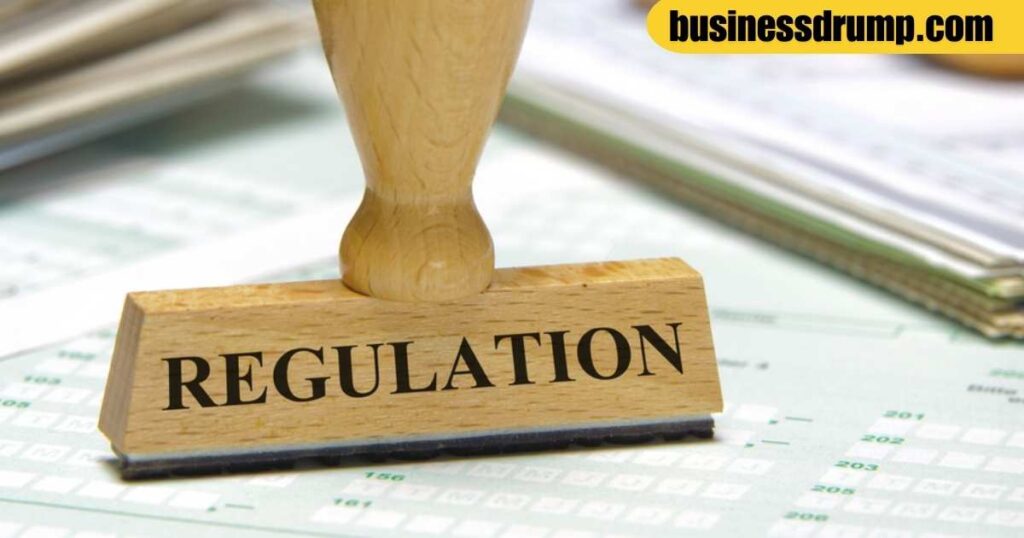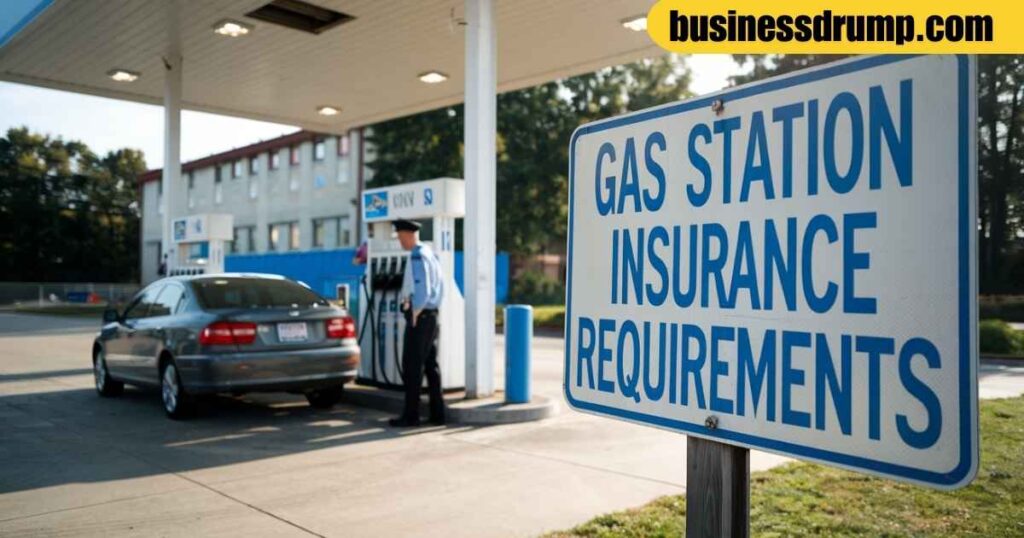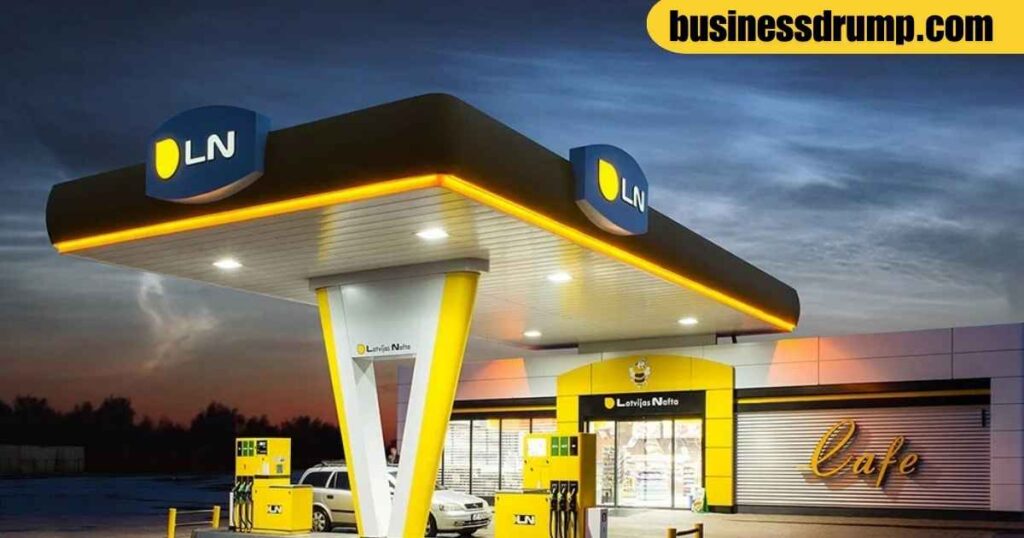Running a gas station comes with unique risks, from environmental hazards to potential property damage, making specialized insurance essential. Insurance for gas stations provides tailored coverage to protect against these specific threats, ensuring your business stays resilient in the face of unexpected challenges. Understanding the right policies can safeguard your investment and keep your operations running smoothly.
Why Gas Stations Need Insurance
Gas stations face a range of risks, from fuel spills and fires to theft and liability claims. Without the right insurance, these incidents can lead to costly damages, legal battles, and even business closure.
Insurance for gas stations is crucial as it provides protection against these unique hazards, covering property damage, environmental liabilities, and employee injuries. By securing comprehensive coverage, gas station owners can safeguard their investments, meet legal requirements, and ensure their business remains operational, even in the face of unforeseen events.
Types of Insurance Coverage for Gas Stations
1. General Liability Insurance
General liability insurance protects gas stations from third-party claims related to bodily injury, property damage, and legal expenses. If a customer slips on a wet floor or a vehicle gets damaged on your property, this coverage helps cover the costs.
2. Property Insurance
Property insurance covers the physical structure of the gas station, as well as equipment, signage, and inventory. It provides financial protection against damage from fire, vandalism, storms, or other covered perils.
3. Environmental Liability Insurance
Environmental liability insurance is crucial for gas stations due to the risk of fuel leaks and spills. This coverage helps manage cleanup costs, legal fees, and regulatory fines, ensuring compliance with environmental laws.
4. Workers’ Compensation Insurance
Workers’ compensation insurance provides coverage for medical expenses and lost wages if an employee is injured on the job. This insurance is mandatory in most states and helps protect both the business and its employees.
5. Business Interruption Insurance
Business interruption insurance covers lost income if your gas station is forced to close temporarily due to a covered event, such as a natural disaster or fire. This coverage ensures that ongoing expenses, like payroll and rent, are met during the downtime.
6. Commercial Auto Insurance
Commercial auto insurance covers vehicles used in your gas station’s operations, such as fuel delivery trucks. It provides protection against accidents, theft, and other damages, ensuring that your business vehicles are fully covered.
Legal Requirements and Regulations
Gas stations operate under strict legal requirements and regulations, particularly regarding insurance coverage. Federal and state laws often mandate certain types of insurance, such as workers’ compensation and general liability, to protect both employees and customers.
Additionally, environmental regulations require gas stations to carry environmental liability insurance to address potential fuel spills, leaks, and contamination. This ensures that businesses can cover cleanup costs and avoid hefty fines for non-compliance.

For franchise-operated gas stations, there may be additional insurance requirements set by the franchisor, including property insurance and specific coverage limits.
Staying compliant with these regulations is not just about avoiding penalties; it’s about protecting your business from significant financial risks. Proper insurance coverage ensures that gas stations can meet legal obligations while safeguarding their operations against the myriad risks associated with the industry.
Common Challenges in Gas Station Insurance
Gas station insurance presents unique challenges due to the industry’s high-risk nature. Environmental hazards, like fuel leaks and spills, can lead to costly claims and complex legal issues. Additionally, determining adequate coverage for diverse risks, from property damage to employee injuries, can be difficult.
Premiums for gas station insurance are often higher due to these elevated risks, making it essential to find the right balance between comprehensive coverage and affordability. Moreover, staying compliant with evolving regulations adds another layer of complexity, requiring constant vigilance to ensure that your business remains protected and legally sound.
|Also Read : Is Elevate Insurance An Admitted OR Non-Admitted Carrier |
gas station insurance cost
The cost of gas station insurance varies based on several factors. These include the station’s location, size, and the types of coverage needed. Typically, premiums are higher due to the industry’s inherent risks, like environmental hazards and liability concerns. insurance for gas stations.
For example, a station in a high-risk area or with a history of claims may pay more. Additionally, the number of employees, the value of the property, and the coverage limits also influence the cost. To find the best rate, it’s essential to compare quotes from multiple providers while ensuring you’re getting comprehensive protection.
Gas Station Insurance Requirements

Gas stations must meet specific insurance requirements to operate legally. Most states mandate general liability and workers’ compensation insurance to protect customers and employees. Additionally, environmental liability insurance is often required to cover potential fuel spills and contamination. insurance for gas stations.
For those using commercial vehicles, commercial auto insurance is necessary. Franchise-operated gas stations might have additional requirements set by the franchisor, including property insurance and specific coverage limits. It’s crucial for gas station owners to stay informed about local and federal regulations to ensure compliance and protect their businesses from legal and financial risks. insurance for gas stations.
Conclusion: insurance for gas stations
Insurance for gas stations is vital for protecting against a range of risks, from environmental hazards to liability claims. With various coverage options available, including property, general liability, and environmental liability insurance, gas station owners can safeguard their investments and ensure compliance with legal requirements. By understanding the costs and requirements associated with these policies, you can make informed decisions that keep your business secure and operational, no matter the challenges you face.







